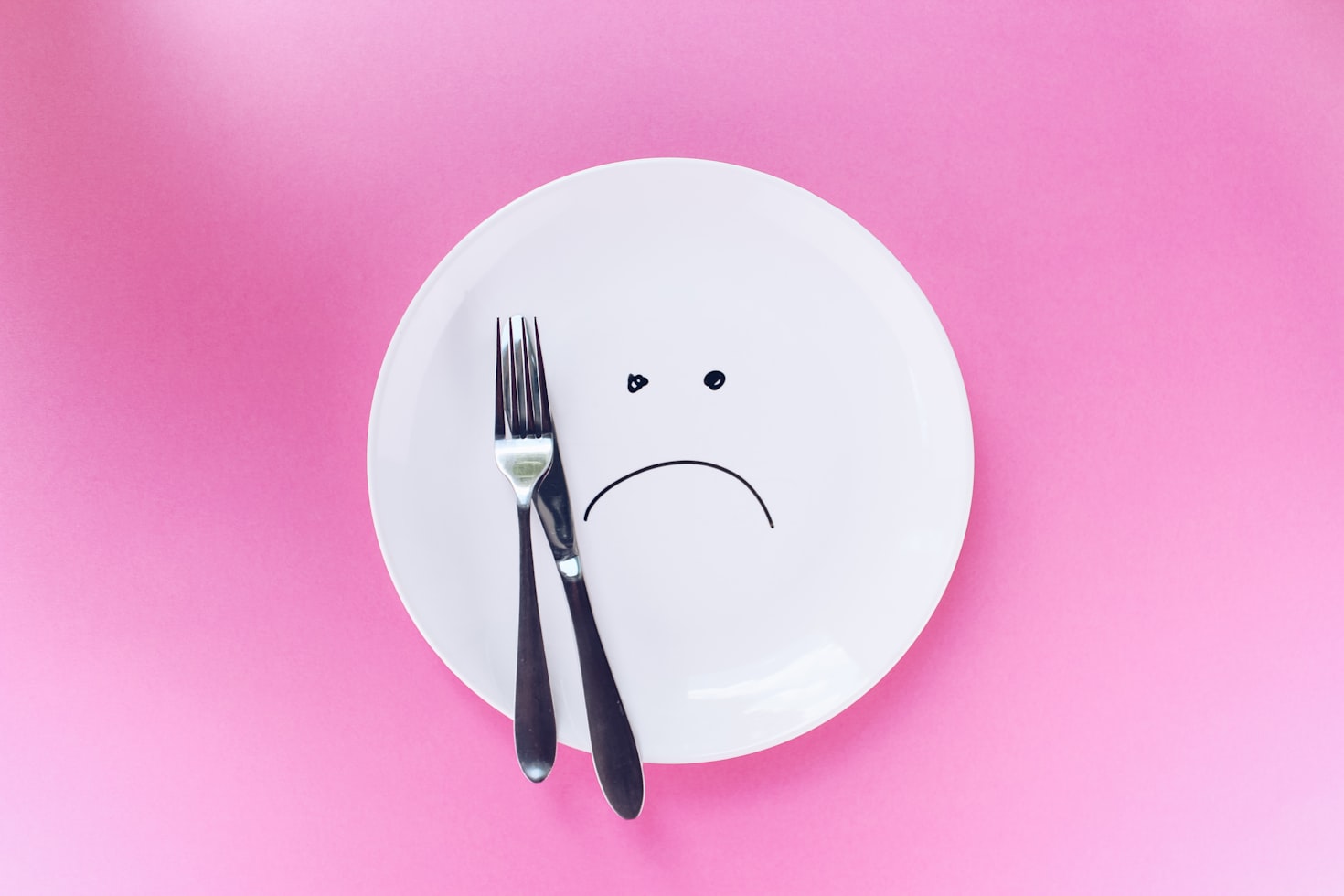Can You Gain Weight in Ketosis?
When it comes to weight loss, the ketogenic diet has gained significant popularity in recent years. By drastically reducing carbohydrate intake and increasing fat consumption, the body enters a state of ketosis, where it burns fat for fuel instead of glucose. While the ketogenic diet has been praised for its effectiveness in shedding pounds, there is a common concern among individuals considering this dietary approach: can you gain weight in ketosis? In this article, we will explore the factors that influence weight gain in ketosis and provide valuable insights into maintaining a healthy weight while following a ketogenic lifestyle.
The Science Behind Ketosis
Before delving into the question of weight gain in ketosis, it is essential to understand the science behind this metabolic state. When carbohydrates are limited, the body turns to fat as its primary source of energy. This process leads to the production of ketones, which are molecules that fuel the brain and other organs. By following a high-fat, moderate-protein, and low-carbohydrate diet, individuals can achieve and maintain ketosis.
Caloric Intake and Weight Gain
One of the fundamental principles of weight management is the balance between caloric intake and expenditure. Regardless of the dietary approach, consuming more calories than the body needs will result in weight gain. While the ketogenic diet emphasizes high-fat foods, it is still crucial to maintain a caloric deficit to lose weight.
It is possible to gain weight in ketosis if one consumes an excess of calories. Fat is energy-dense, containing nine calories per gram, compared to four calories per gram in carbohydrates and proteins. Therefore, overeating on a high-fat diet can lead to weight gain, just as overeating on a high-carbohydrate diet would.
Quality of Food Choices
Another factor that can influence weight gain in ketosis is the quality of food choices. While the ketogenic diet allows for indulgence in high-fat foods, it is essential to prioritize nutrient-dense options. Consuming excessive amounts of processed and unhealthy fats, such as fried foods and processed meats, can lead to weight gain and other health issues.
On the other hand, focusing on whole foods, such as avocados, nuts, seeds, and fatty fish, can provide essential nutrients while supporting weight loss efforts. These foods are rich in healthy fats, fiber, and protein, which promote satiety and help control appetite.
Individual Variations
Weight gain or loss is not solely determined by the type of diet followed but also by individual variations. Each person’s metabolism, activity level, and overall health play a significant role in weight management. Some individuals may find it easier to lose weight in ketosis, while others may experience challenges.
Factors such as hormonal imbalances, stress levels, sleep patterns, and genetic predispositions can impact weight gain or loss. It is crucial to consider these individual variations and consult with a healthcare professional or registered dietitian before embarking on any dietary changes.
Exercise and Physical Activity
While diet plays a crucial role in weight management, physical activity and exercise are equally important. Engaging in regular exercise can help create a caloric deficit, leading to weight loss or maintenance. Incorporating both cardiovascular exercises and strength training can enhance fat burning and improve overall body composition.
When following a ketogenic diet, it is important to fuel the body adequately for physical activity. While carbohydrates are limited, individuals can consume healthy fats and moderate amounts of protein to support energy levels and muscle recovery.
FAQs
1. Can you gain weight on a ketogenic diet?
Yes, it is possible to gain weight on a ketogenic diet if you consume more calories than your body needs. While the diet promotes high-fat foods, it is still important to maintain a caloric deficit for weight loss.
2. Are all fats allowed on a ketogenic diet?
While the ketogenic diet emphasizes high-fat consumption, it is important to prioritize healthy fats. Foods such as avocados, nuts, seeds, and fatty fish provide essential nutrients and support weight loss efforts.
3. Can individual variations affect weight gain in ketosis?
Yes, individual variations such as metabolism, activity level, and overall health can impact weight gain or loss in ketosis. Factors like hormonal imbalances, stress levels, sleep patterns, and genetics should be considered when managing weight.
4. Is exercise important while following a ketogenic diet?
Yes, exercise is crucial for weight management regardless of the dietary approach. Regular physical activity can create a caloric deficit and improve overall body composition. It is important to fuel the body adequately with healthy fats and moderate protein for energy and muscle recovery.
5. Can processed fats lead to weight gain in ketosis?
Consuming excessive amounts of processed and unhealthy fats, such as fried foods and processed meats, can lead to weight gain and other health issues. It is important to prioritize nutrient-dense whole foods on a ketogenic diet.
6. Should I consult a healthcare professional before starting a ketogenic diet?
It is always recommended to consult with a healthcare professional or registered dietitian before making any significant dietary changes. They can provide personalized guidance based on your individual health needs and goals.
Summary
While the ketogenic diet has been praised for its weight loss benefits, it is important to understand that weight gain is still possible in ketosis. Maintaining a caloric deficit, making healthy food choices, considering individual variations, and incorporating regular exercise are key factors in managing weight while following a ketogenic lifestyle. By understanding these principles and seeking professional guidance, individuals can achieve their weight loss goals and maintain a healthy weight in ketosis.





